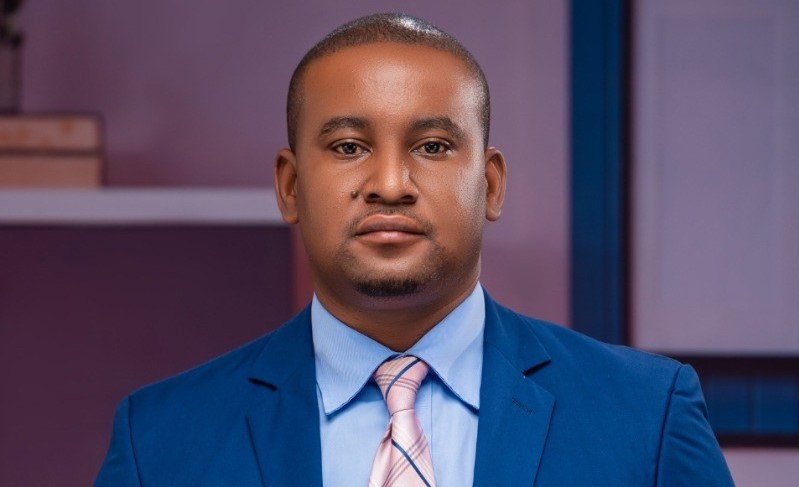ATM strategy faces us test
Malawi needs to get out of the poverty trap. But it can only do so with increased investment from investors who will not exploit the country.”
This was President Lazarus Chakwera, speaking on Sunday during the Malawi-Texas Business Roundtable in Dallas, United States (US).
Sunday’s roundtable was a precursor to the larger 16th US-Africa Business Summit from May 6-9 in Dallas, Texas.
The summit is expected to attract at least 1 500 participants from the US, African public and private sector leaders, including Heads of State, international investors and multilateral players.
The gathering seeks to provide a platform for leaders to connect with government and private sector decision-makers to drive US-Africa sustainable business partnerships, according to the Corporate Council on Africa (CCA), which is hosting the event.

Business Roundtable on Sunday
During the Sunday roundtable, Chakwera, fresh from presiding over the April 19-27 Agriculture, Tourism and Mining (ATM) week in Lilongwe, told Texas business leaders that his administration has smoothened the path for investments in large-scale agriculture, mining and tourism.
He said that Malawi has large reserves of mineral deposits such as rutile, uranium and niobium, among others, that need serious investors.
The American business leaders, who attended the Malawi-Texas business roundtable, included those with interest in mining, energy, commercial farming, oil and gas.
In an interview on Sunday, Minister of Trade and Industry Sosten Gwengwe said the Chakwera administration has identified specific projects in
the ATM rubric to make it easier for investors to move in with ease.
“Every country is scrambling for FDI. So, Malawi should not sleep, we should not lag behind. That is why the President is here. That is why we are all here [in Texas],” said Gwengwe.
At the larger US-Africa Business Summit, the minister said there is potential for Malawi to attract investments of between $300 million (about K500 billion) and $400 million (about K700 billion).
That is an ambitious expectation given that US foreign direct investment (FDI) in Malawi, according
to the Office of the US Trade Representative, was around $190 million (K332 billion) in 2022, with agriculture, tourism, retail and energy sectors getting most of that injection.
But the Chakwera administration’s efforts to build stronger business ties with the US makes sense not just because it is the world’s most lucrative consumer market, but it is also one of the few countries with which Malawi has consistently had positive trade balances for decades, meaning that the US imports from Malawi more than it exports.
This is largely due to Malawi’s eligibility for preferential trade benefits under the African Growth and Opportunity Act (Agoa).
The US Government says Malawi ranks 15 out of 35 countries in Africa that have utilised Agoa the most, exporting goods worth $1.5 billion (about K2.6 trillion) to the US through the trade window over the 24 years the deal has been in place.
Malawi’s key exports to US have mostly included agricultural products such as tobacco, sugar, tea and nuts.
But Gwengwe said with more FDI, the country can ship goods worth much more.
“Malawi is gaining traction with international investors, especially in mining, because we have
been a consistently stable democracy,” he said. But selling peace with an aggressive charm offensive may not be enough to win over investors who need not only political stability, but economic certainty too.
Thus, the current high interest and inflation rates, both of which are hovering around 30 percent, as well as the rapidly fluctuating kwacha exchange rate, could bring uncertainty regarding returns on private sector investments and repatriation of the same, given the foreign currency shortages in Malawi.
Besides, Chakwera will have stiff competition from other African Heads of States and Governments who will also be using their silver
tongues for a bite of the US opportunities.
These include Joseph Boakai of Liberia; Joao Lourenço of Angola; Mokgweetsi Masisi of Botswana; José Maria Neves of Cabo Verde; Kashim Shettima who is Vice-President of Nigeria; Nthomeng Majara who is Deputy Prime Minister in the Kingdom of Lesotho and David Sengeh, the Chief Minister of Sierra Leone.
There are also senior representatives of Cote d’Ivoire; Democratic Republic of Congo; Mauritania; Kingdom of Morocco; Mozambique; Namibia; Tanzania, Senegal; Togo; the Gambia and Zambia.
But Gwengwe said Malawi’s macroeconomic indicators are turning the corner and the business environment is on the mend.





